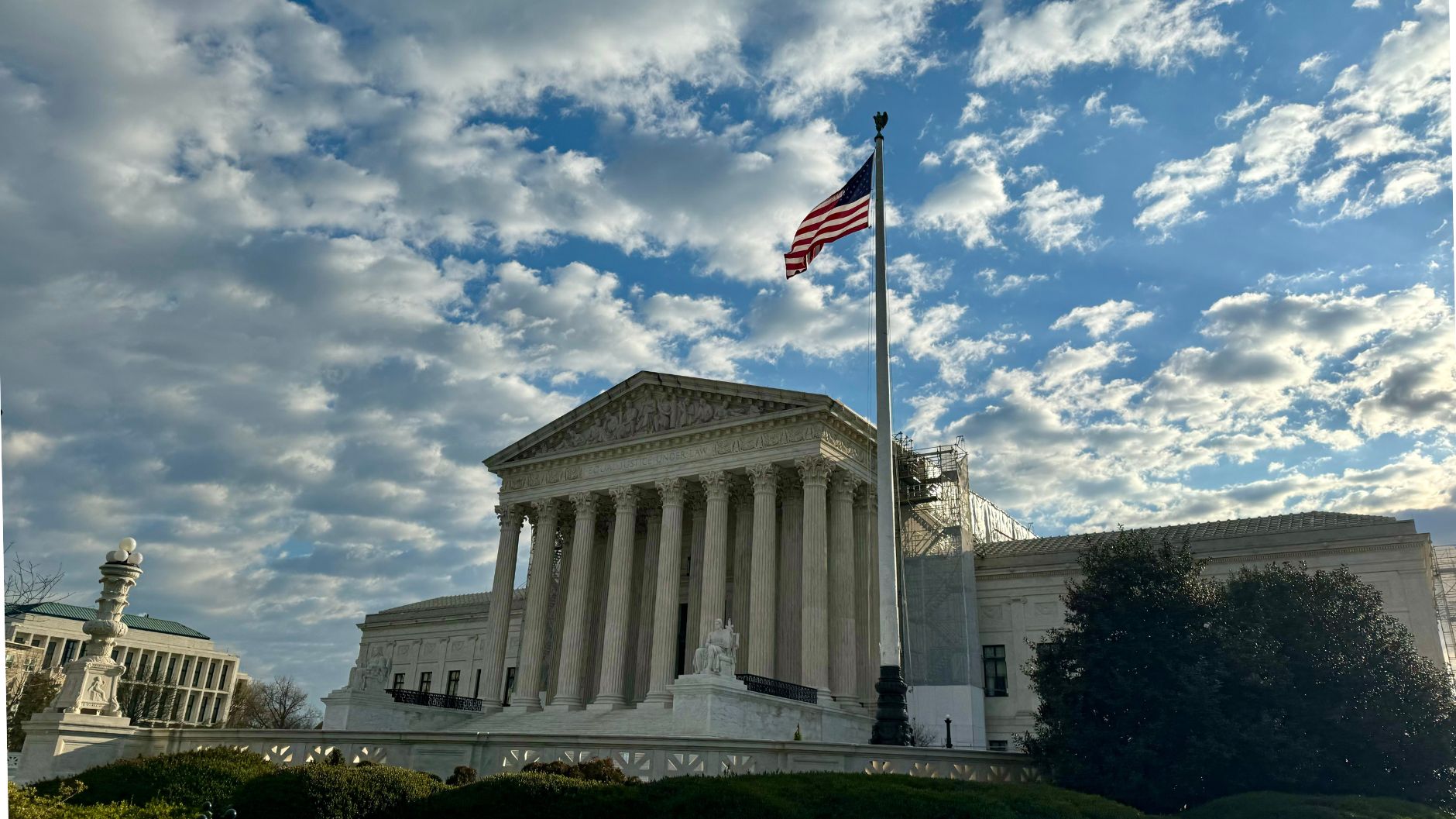WASHINGTON, D.C. (CN) — The Supreme Court refused Tuesday to block the use of Washington state’s new legislative district maps that give Latino voters greater representation.
A Republican lawmaker and two voters asked the justices to allow the state’s 2024 election to move forward under a map that was found to have violated a section of the Voting Rights Act that prohibits race discrimination. A lower court judge recently enacted a remedial map after claims of Latino vote dilution, but the Republicans say the new map is more discriminatory than the first.
“Far from preserving the existing enacted map as much as practical, as binding precedent demands, the remedial map here made sweeping and needless alterations — almost all uniformly benefiting one political party,” the Republicans' attorney Jason Torchinsky of Holtzman Vogel wrote in their emergency appeal.
The court did not explain its denial of the emergency application. There were no noted dissents.
In 2022, voting rights groups claimed in a lawsuit that legislative maps redrawn after the 2020 census intentionally split Latino voters into several districts in the Yakima Valley region. The groups said the redistricting commission created a “facade Latino opportunity district” but in fact diluted Latino voting power.
The three Republicans asking the justices for emergency relief intervened in the voting rights groups' case to defend Legislative District 15, where the federal voting rights violation occurred.
Washington state initially fought back against the voting rights groups' case but later conceded that the claims, filed under Section 2 of the Voting Rights Act, were valid.
A federal court ordered new maps to be drawn. The state Legislature turned down an opportunity to enact a new map so the court asked the parties in the lawsuit to propose new versions. The court then adopted the map proposed by the voting rights groups, prompting the three Republican voters' appeal to the Supreme Court to block the use of that map.
The justices had already declined an opportunity to intervene prior to the map’s enactment.
Instead of invoking Section 2, the Republicans claimed the new maps violated the equal protection clause of the 14th Amendment. They claimed the new map turned the Voting Rights Act upside down, making a mockery of the law and federalism, and said the voting rights groups had racially gerrymandered the district.
“Like prior infamous racial gerrymanders, its bizarre shape reveals its unexplainable-except-by-racial-grounds nature — which the district court was completely explicit about in any case, declaring the map’s ‘fundamental goal’ to be race-based sorting,” Torchinsky wrote.
While the Republicans said allowing the 2024 elections to move forward under the map would hurt Washington, the state told the court otherwise.
“They claim that allowing the election to go forward will harm the state, but the state itself is here rejecting that contention; there is no harm in holding an election under the lawful remedial map that the district court adopted before the deadline the parties agreed upon,” wrote Karl Smith, Washington’s deputy solicitor general. “By contrast, voters suffer real harm from voting in a district in which they have been denied the equal opportunity to elect candidates of their choice.”
The voting rights groups similarly urged the court to deny the Republicans' stay request. The groups argued that the Republicans did not have standing to challenge the new map and accused them of presenting the court with arguments it did not raise in the lower court.
“Intervenors lack standing to appeal and thus lack standing to seek a stay,” wrote Mark Gaber, an attorney with the Campaign Legal Center. “This court has no subject matter jurisdiction to grant their request. But their arguments are in any event meritless.”
The Supreme Court's order allows the state to conduct its 2024 elections under the remedial legislative map.
Subscribe to Closing Arguments
Sign up for new weekly newsletter Closing Arguments to get the latest about ongoing trials, major litigation and hot cases and rulings in courthouses around the U.S. and the world.









